Russia warns any US attack on Iran would have ‘catastrophic’ consequences for entire region
Russia’s deputy foreign minister has warned the United States that any military attack on Iran’s nuclear sites would have “catastrophic” consequences for the entire region.
Sergei Ryabkov made the remarks during an interview with the International Affairs journal on Tuesday, after US President Donald Trump threatened to bomb Iran if it fails to come to an agreement with Washington over its nuclear program.
“Threats are indeed being heard, ultimatums are also being heard,” Ryabkov said, noting that “The consequences of this, especially if the strikes are on nuclear infrastructure, could be catastrophic for the entire region.”
He said Trump’s latest comments will only increase tensions and “complicate the situation” regarding Iran.
“We consider such methods inappropriate, we condemn them. We consider them a way for (the US) to impose its own will on the Iranian side,” he added.
Ryabkov further called for intensified efforts to reach a reasonable agreement “while there is still time and the train has not left”, saying, "Russia is ready to offer its services to Washington, Tehran and all parties interested in resolving this issue."
On Saturday, Trump said that Iran would be bombed if it did not make a new deal with the United States. He also threatened to punish Iran with what he called “secondary tariffs.”
Iran has strongly condemned Trump's threats against the country, describing them as a flagrant violation of international law and principles of the UN Charter.
On March 7, Trump announced he had written to Iran to call for nuclear negotiations and threaten military action. The letter was delivered to Tehran on March 12 by UAE presidential adviser Anwar Gargash.
Leader of the Islamic Revolution Ayatollah Seyyed Ali Khamenei said on March 21 that US threats “will get them nowhere” and warned of reciprocal measures “if they do anything malign” against Iran.
Ayatollah Khamenei also dismissed Trump’s outreach for talks, which he said was an attempt to deceive global public opinion by portraying the United States as willing to negotiate while framing Iran as unwilling to engage.
On March 27, Foreign Minister Abbas Araghchi said that Iran’s official response to a letter from Trump has been sent through Oman.
Iranian President Masoud Pezeshkian said on Sunday that the Islamic Republic’s response to his American counterpart’s letter leaves open the possibility of indirect talks with Washington.
The continuation of the negotiation process depends on the Americans’ behavior, he said.

Pezeshkian: If Muslim nations unite, enemies cannot oppress them
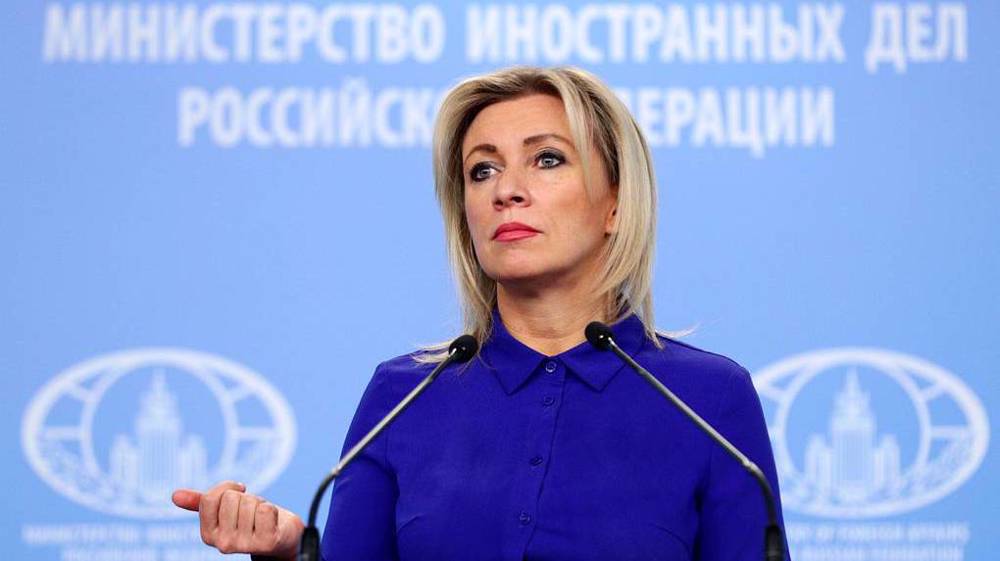
Russia blasts Trump’s 'unacceptable' threat of bombing Iran
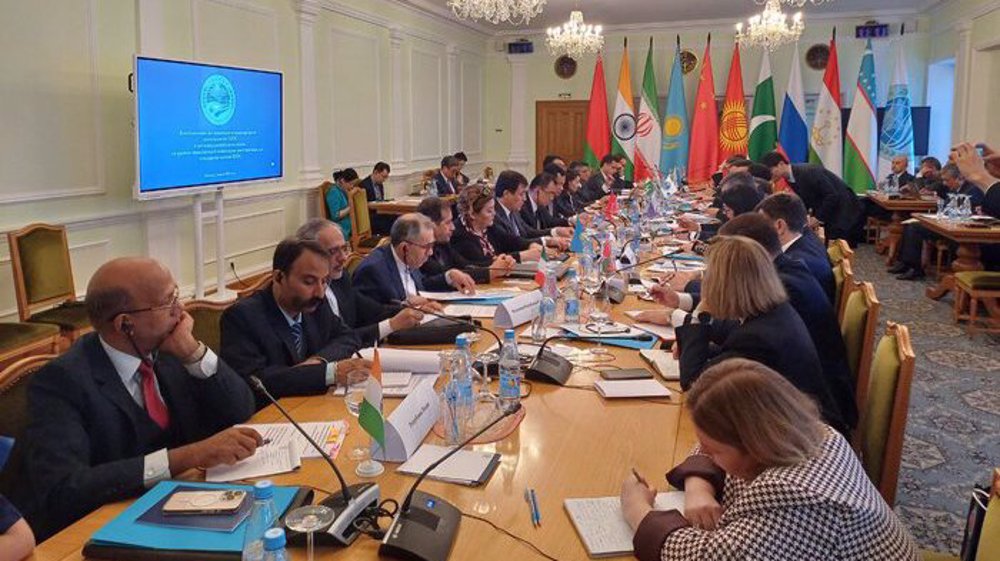
Iran calls on Shanghai bloc to condemn Trump’s 'dangerous' threats
VIDEO | Netanyahu visits Hungary despite arrest warrant
VIDEO | Madrid cultural event for Syria with documentary hailing fight against Takfiris
VIDEO | UK economy reels from impact of Trump Tariffs
UNRWA chief slams Israel’s attacks on UN facilities
VIDEO | The story of Heyam: nowhere is like Gaza!
Israeli warplanes carry out more airstrikes near Damascus
VIDEO | 'War Criminal' welcomed
Denmark's PM visits Greenland after Trump threat to seize it


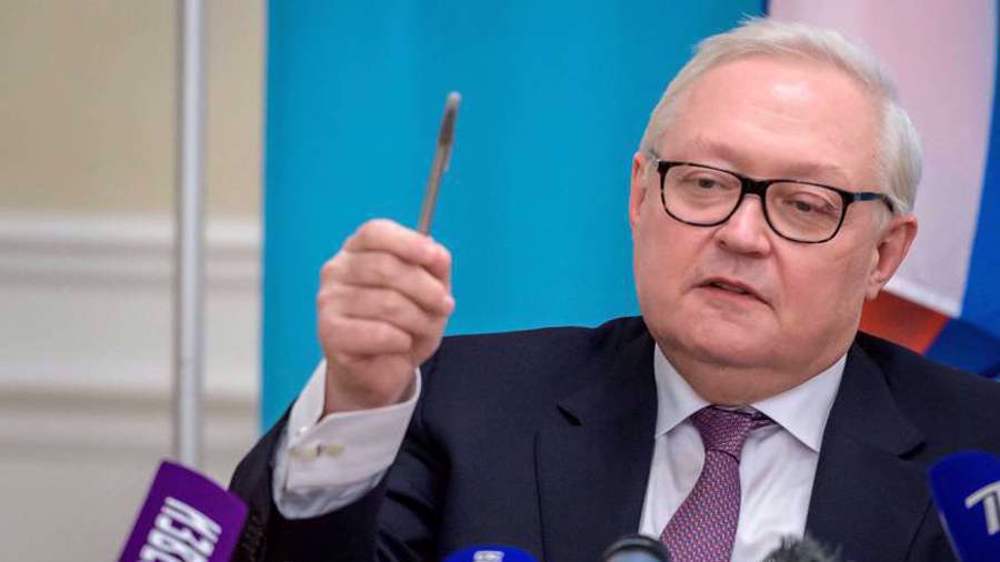
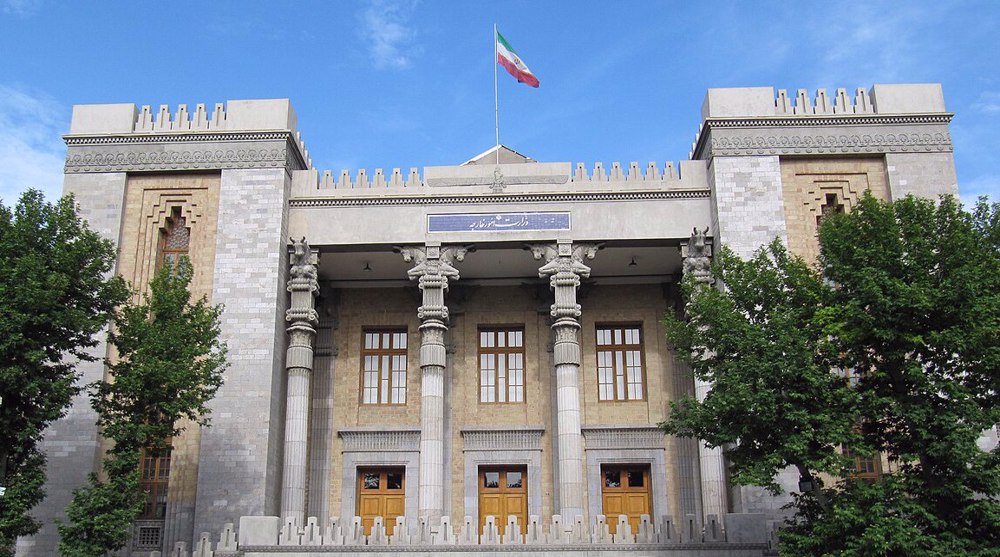
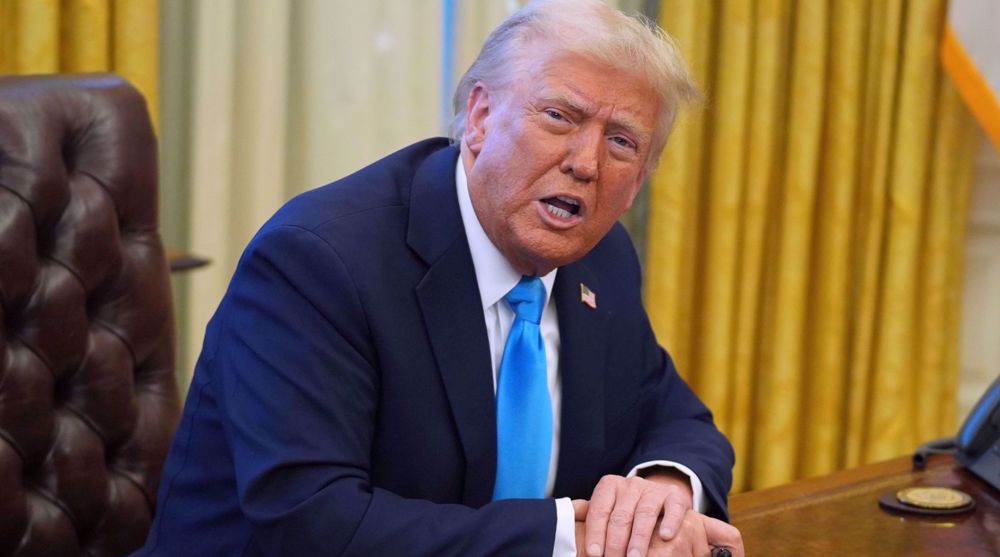




 This makes it easy to access the Press TV website
This makes it easy to access the Press TV website